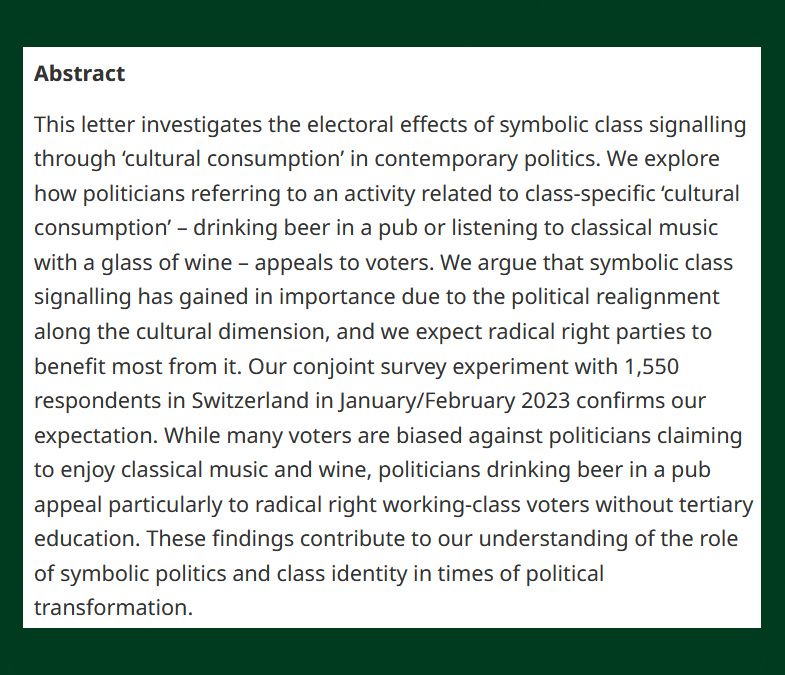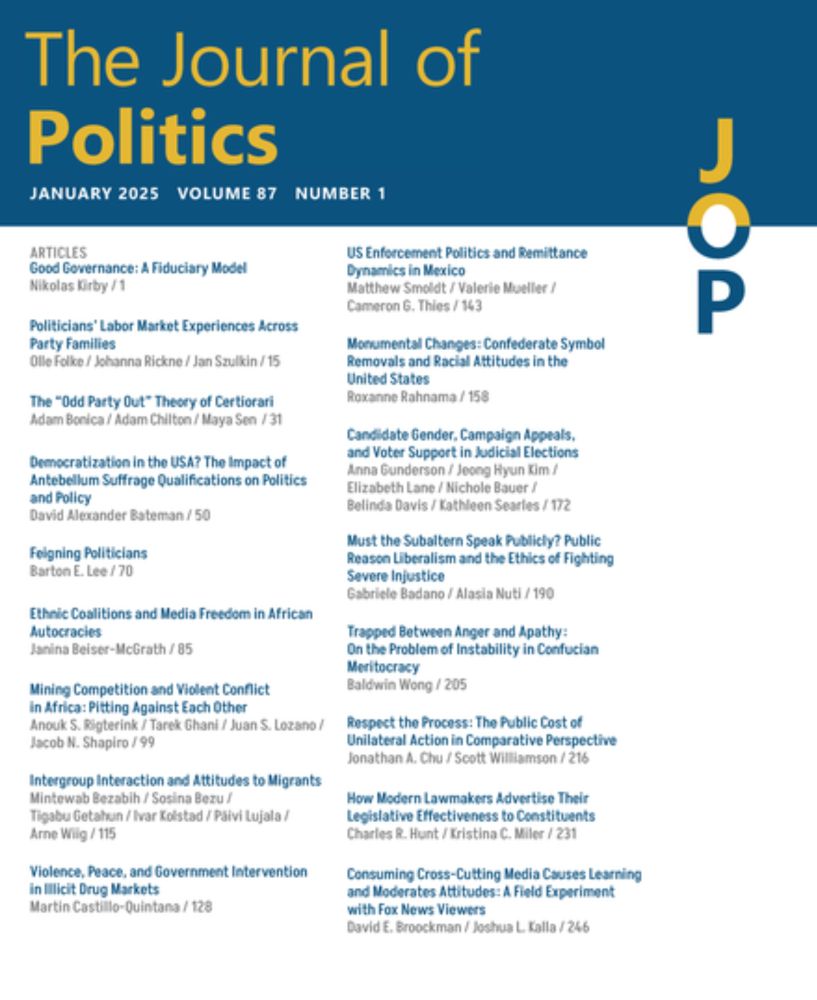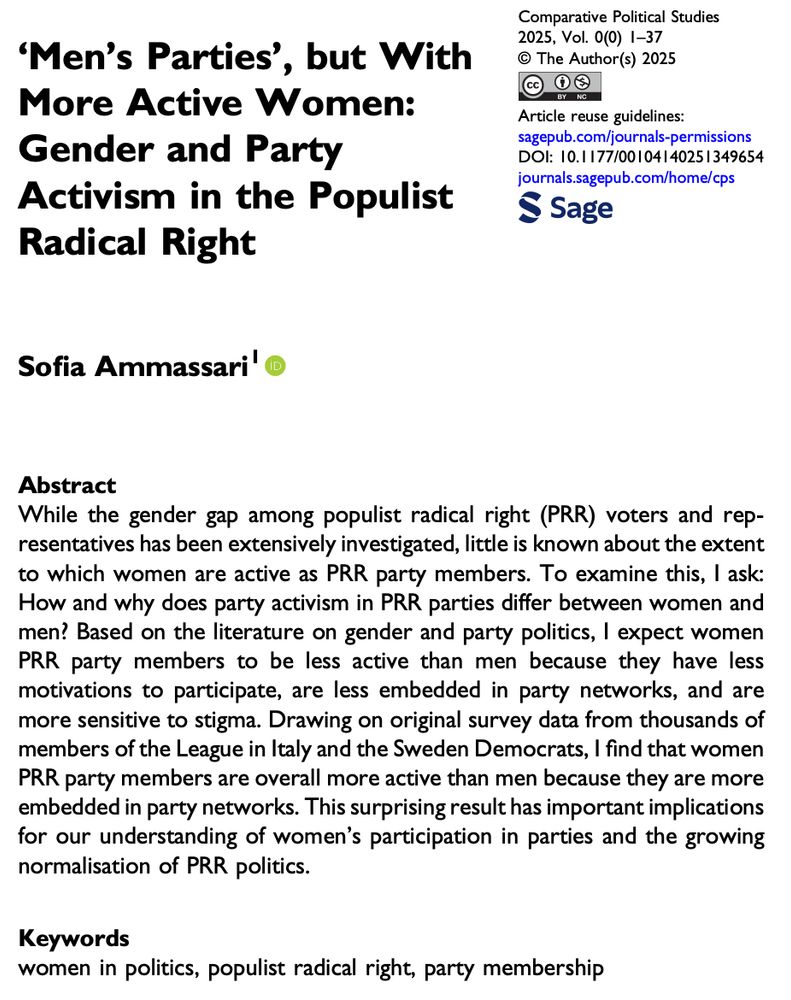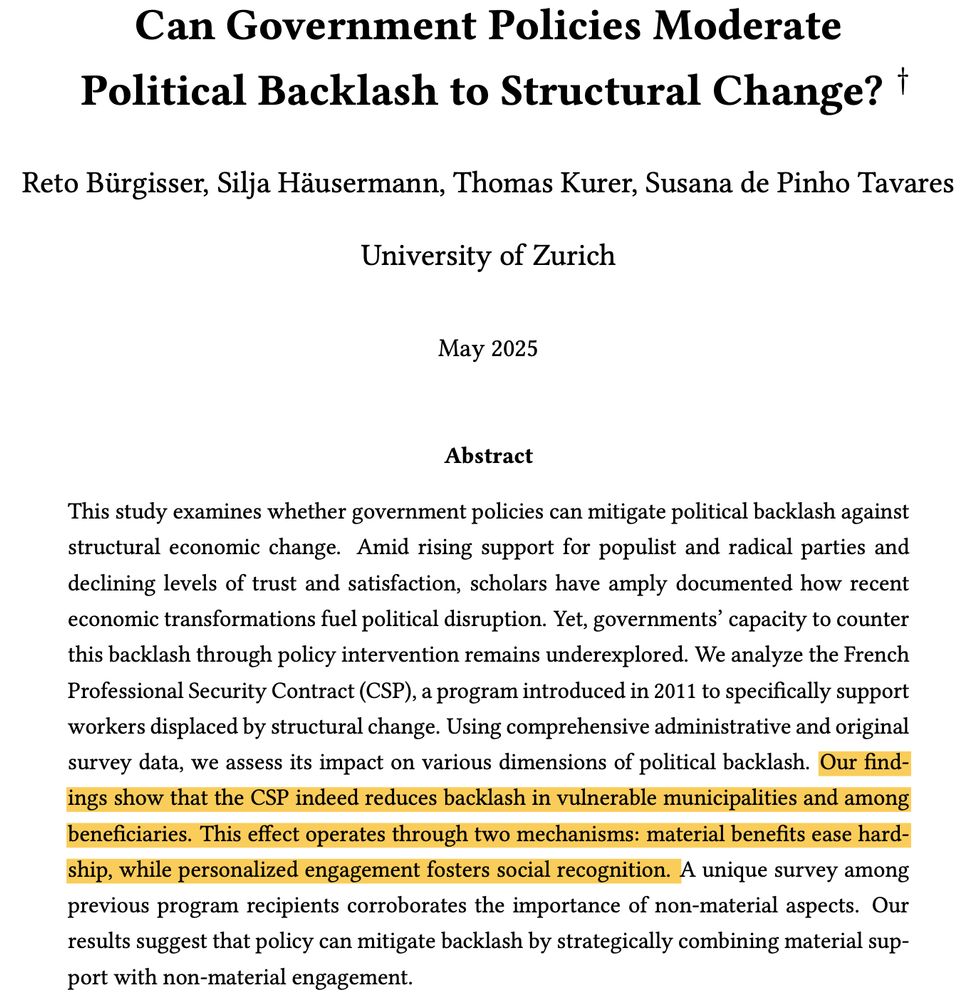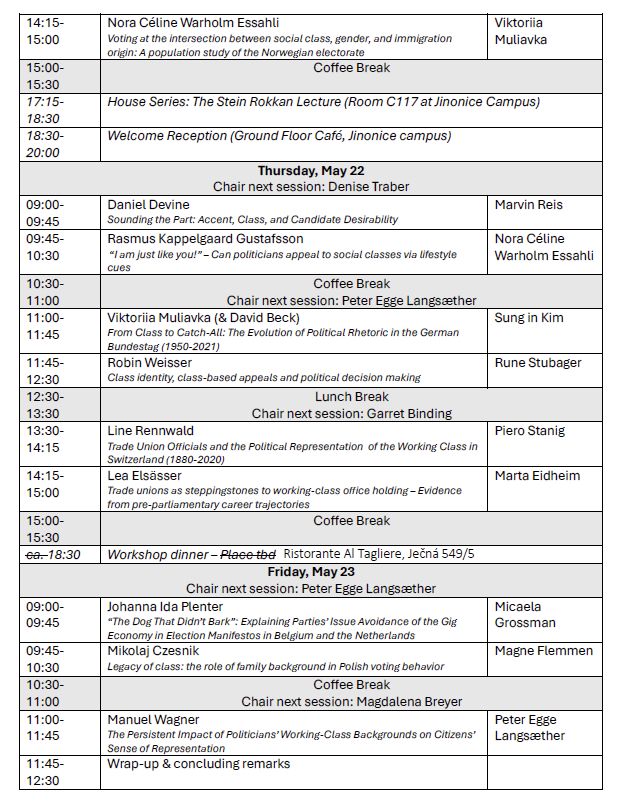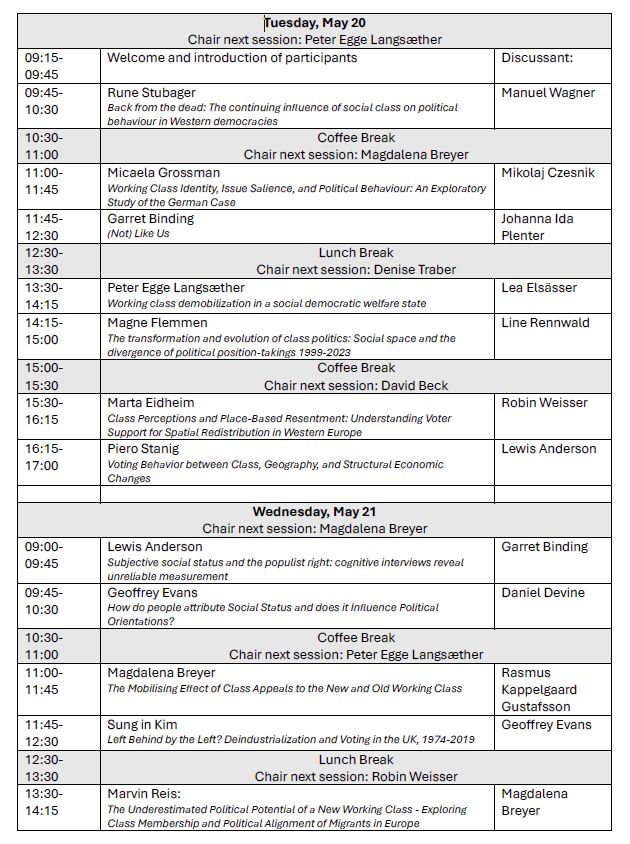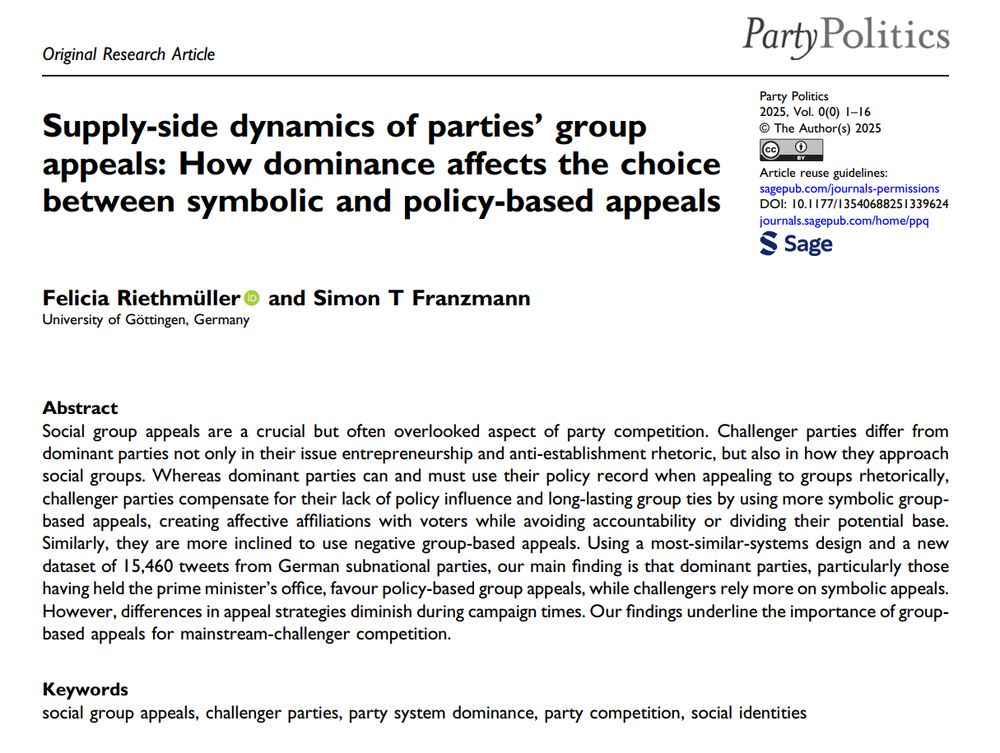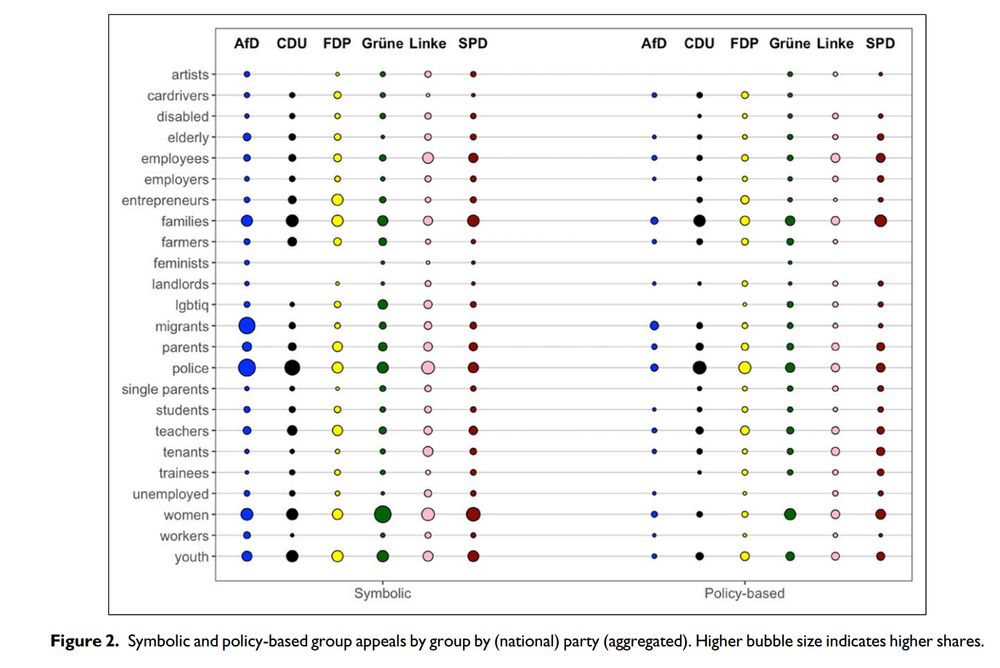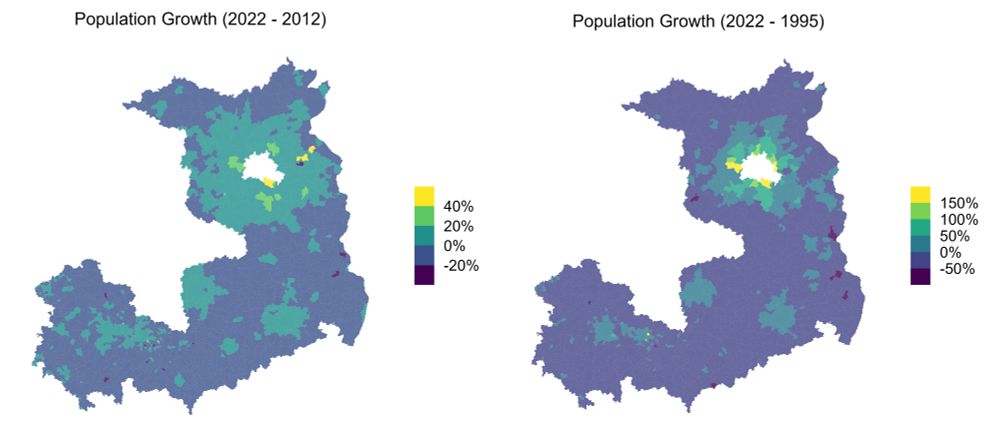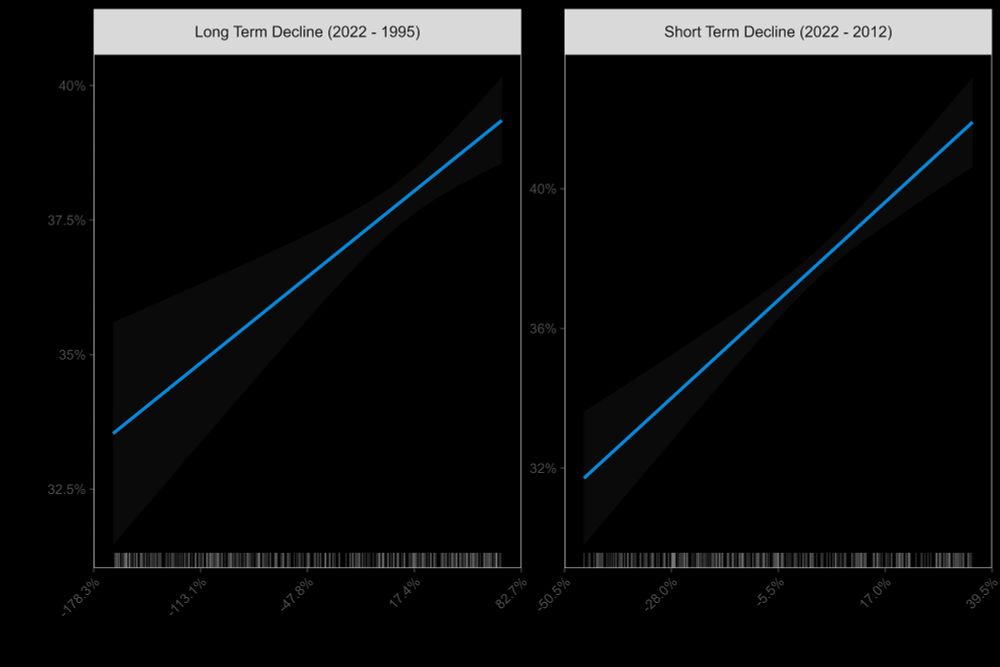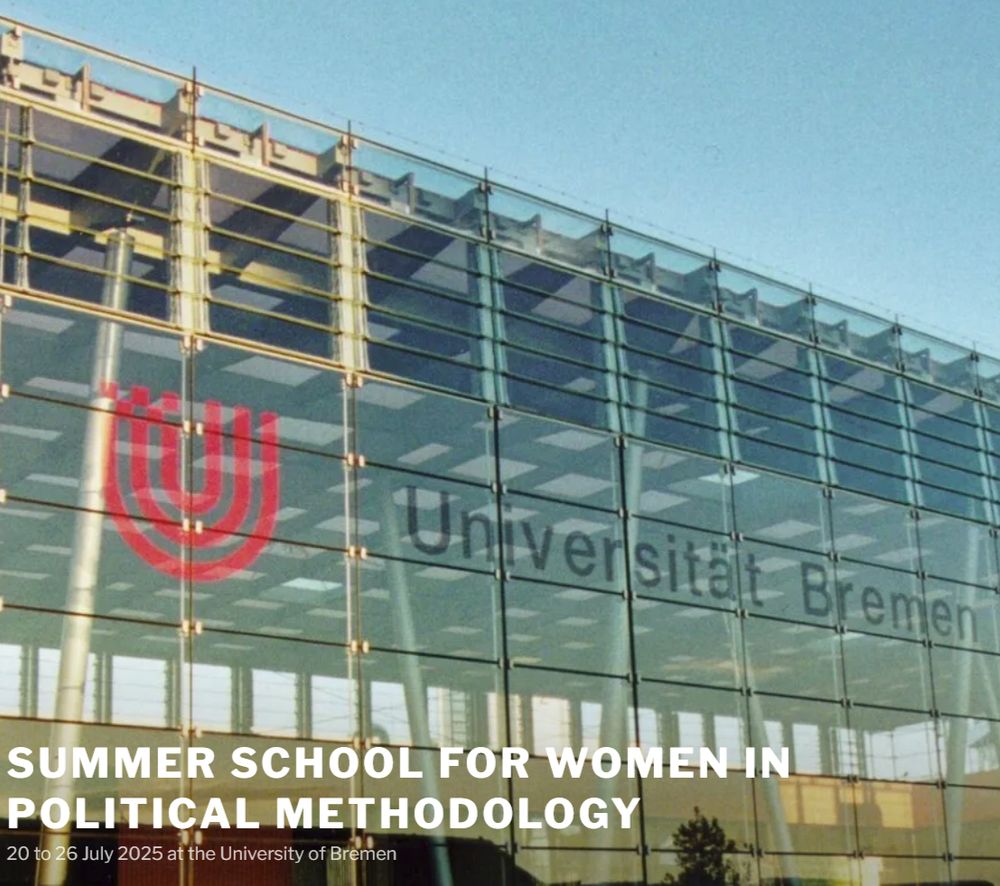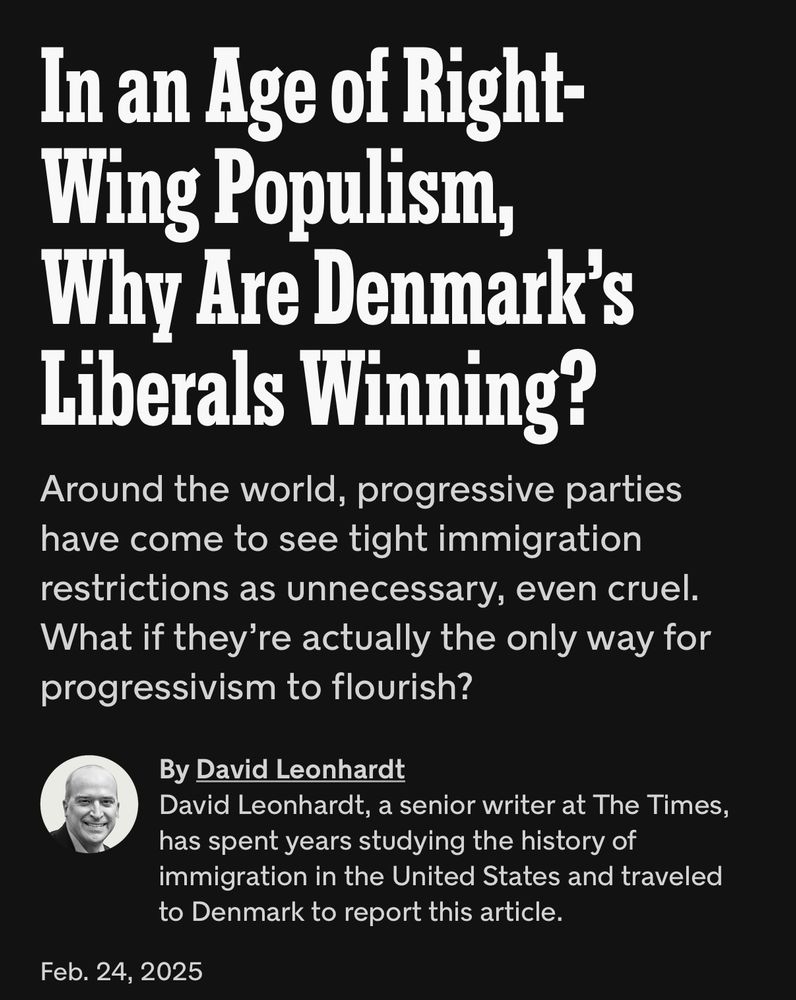Magda Breyer
@mabreyer.bsky.social
1.4K followers
950 following
32 posts
Postdoc political science | University of Basel | Political behavior, social status & class, gender | she/her
magdalenabreyer.net
Posts
Media
Videos
Starter Packs
Reposted by Magda Breyer
Magda Breyer
@mabreyer.bsky.social
· Sep 8
Magda Breyer
@mabreyer.bsky.social
· Sep 4
Magda Breyer
@mabreyer.bsky.social
· Sep 4
Reposted by Magda Breyer
Reposted by Magda Breyer
Reposted by Magda Breyer
EPSS
@epssnet.bsky.social
· Jun 26
Reposted by Magda Breyer
Reposted by Magda Breyer
Reposted by Magda Breyer
Magda Breyer
@mabreyer.bsky.social
· Jun 3
Magda Breyer
@mabreyer.bsky.social
· May 19
Reposted by Magda Breyer
Reposted by Magda Breyer
Reposted by Magda Breyer
Reposted by Magda Breyer
Reposted by Magda Breyer
Reposted by Magda Breyer




